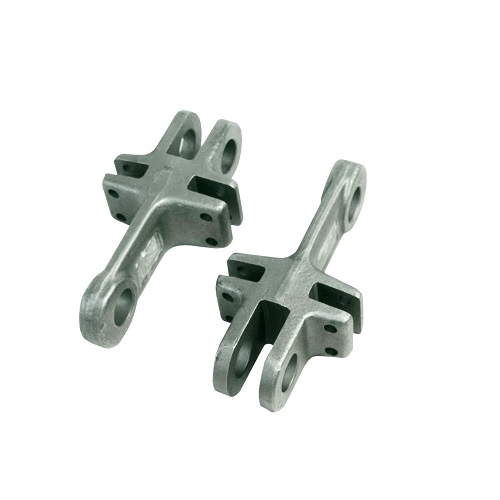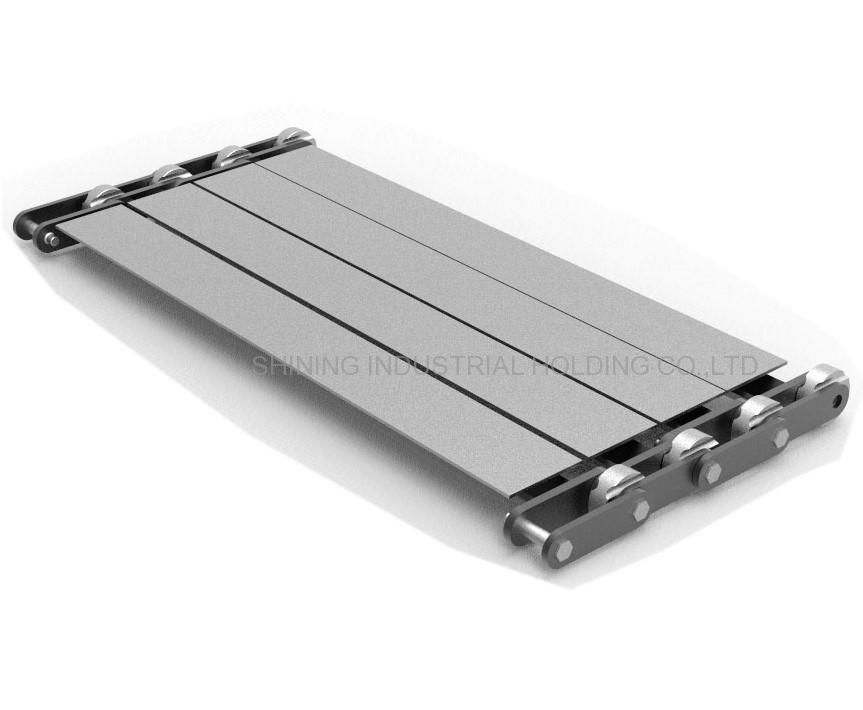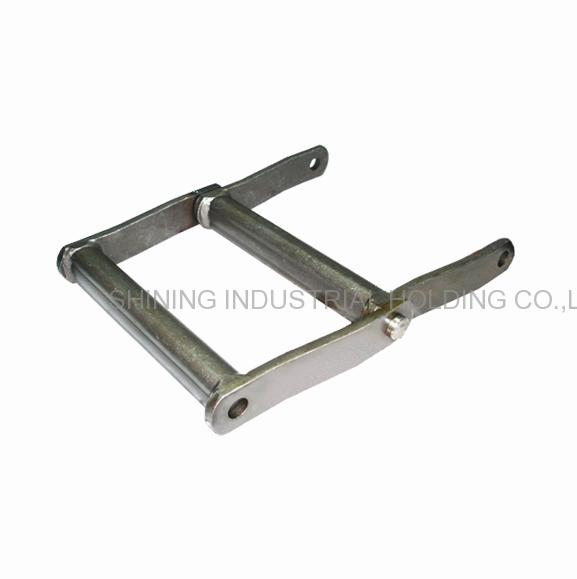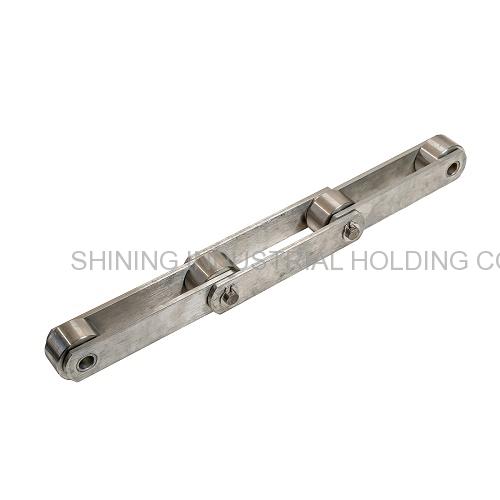Исследуйте сварочную цепь
 29 февраля 2024 года|
29 февраля 2024 года| Вид: 32
Вид: 32На протяжении веков металлические цепи были важным инструментом для человечества. Различные виды использования от фиксированной нагрузки до контрольной машины. Между... Вот. Слишком много Принадлежность Тип цепи доступен, сваркаКронштейн цепиОни известны своей превосходной прочностью, долговечностью и универсальностью и пользуются популярностью во многих отраслях.
Строительство Принадлежность Круглый А Овал Ссылки СварочныйЦепь:
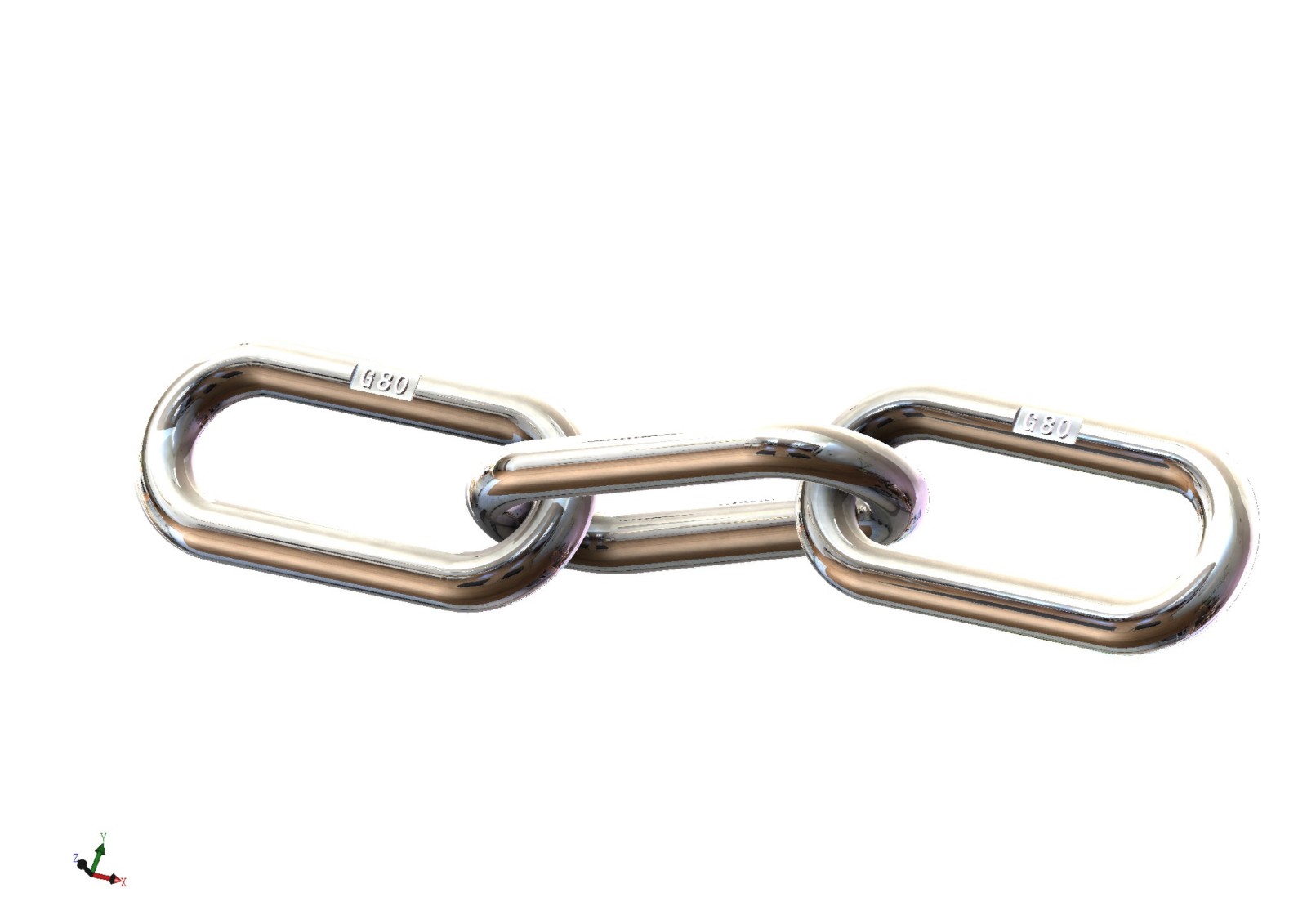
Сварочная цепь, как следует из названияНамекИз отдельных цепей, сваренных вместе, образуется непрерывная цепь. Эти различные части цепи соединяются сваркой.ОбычноПроизводитель использует дуговую, газозащитную или лазерную сварку. Они обычно сделаны из высококачественной стали,ОбеспечитьУстойчивость и прочность при тяжелых нагрузках и суровых условиях.
Строительство Принадлежность Компенсация А Прямой Ссылки Сварка СтальЦепь:
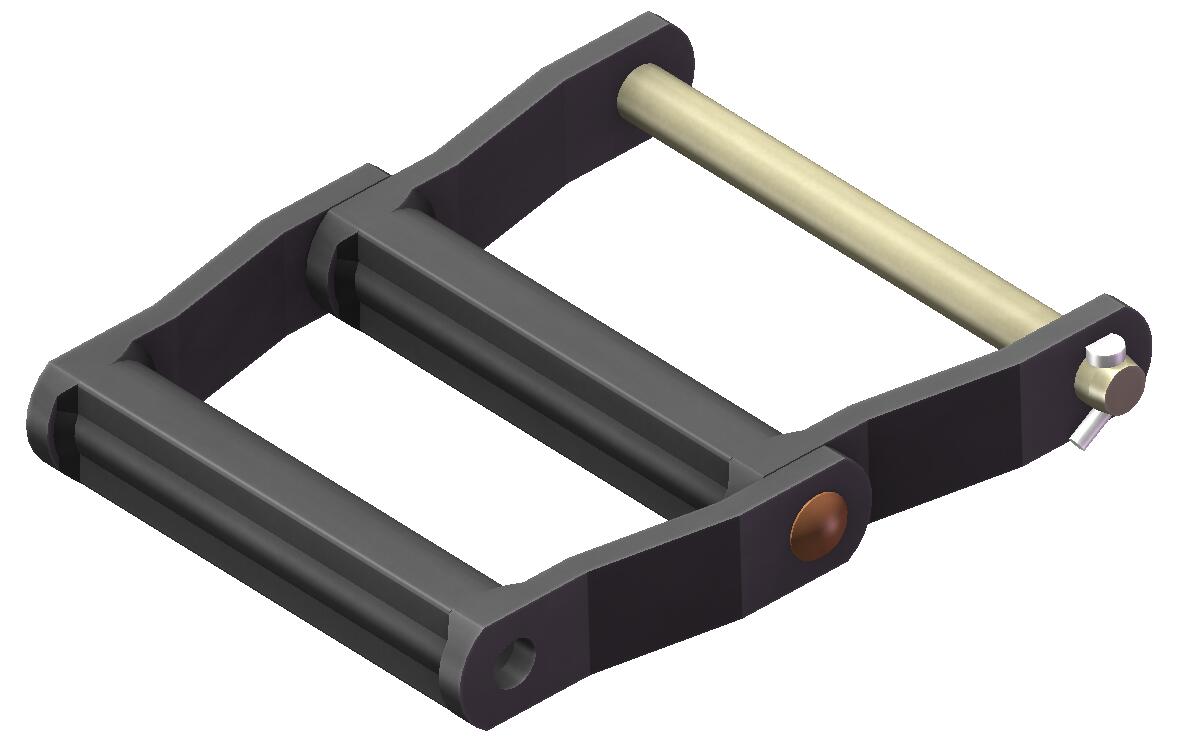
Эти. Цепь Да. Построить Принадлежность Вот. Одинаковые Высокий Качество Сталь Иметь Конкретно. Жара Обработка для максимального повышения долговечности и прочности стали. Сварная стальная цепь со смещенными и прямыми боковыми панелями состоит из двух боковых панелей, барабана и заклепки. Как правило, изготовитель использует дуговую сварку, процесс газовой защиты, чтобы соединить ствол сГраницы.
Применение Проходите. Отрасль
Сварка Цепь Изготовление Они сами. Незаменимый Внутри. a Широкий Сфера охвата ПринадлежностьОтрасль:
Подними! А Такелаж: Сварочный Круглый Ссылки Цепь Да. Широко Привыкнуть Внутри. Подними! А Применение такелажа, например, для подъемных машин, стационарных судов или другого тяжелого оборудования, а также в Строительство Проекты. Их. Высокий натяжной Интенсивность и долговечность делают его идеальным вариантом, чтобы выдержать эти суровые условия.А Мандат.
Сельское и лесное хозяйство:СварочныйСтю.Цепочка для механики.ТранспортПерегрузка, эксплуатация оборудования и питание конвейерной системы. Они отлично справились.ПредоставлениеСтабильная и надежная работа.
Транспорт и буксировка:Круглая цепь как разИНС и Кроме того Сварочный Стю.l Цепь Кроме того Он играет жизненно важную роль в транспортировке и буксировке, будь то тяговые транспортные средства, транспортные материалы или якорные суда.
Промышленная транспортная система:СваркаДСтальЧайНС используется в транспортных системах, сборочных линиях и различных машинах для транспортировки материалов, передачи мощности, и Содействие Переместить Их. Сила А Долговечность Вклад А Вот.Эффективная работа Принадлежность ПромышленныйПроцесс.
Преимущество Принадлежность Сварочный Цепочка:
Широкое применение: сварные цепи подходят для различных машин Передача Системы, Вот так. А Завод Машины, Нефть Химический И горнодобывающей промышленности.
Параметры настройки: сварочная цепь может быть настроена для удовлетворения конкретных требований, включая размер, материал,ТеплообработкаПриложениеsИ конфигурация, чтобы сделать его пригодным для различных приложений.
Отличные механические характеристики: 1. СилаДолговечность и износостойкость2. Коррозионная стойкость 3. Пропускная способность 4. Длительный.
Сварные цепи обеспечивают непревзойденную прочность, долговечность и универсальность в различных областях применения. Как в плане подъема тяжестей, так и в плане питания машин,Транспорт Сварные цепи играют важную роль в бесчисленных областях, помогая повысить эффективность, безопасность и производительность. По мере развития промышленности сварочная цепь остается незаменимым инструментом промышленного производства.







